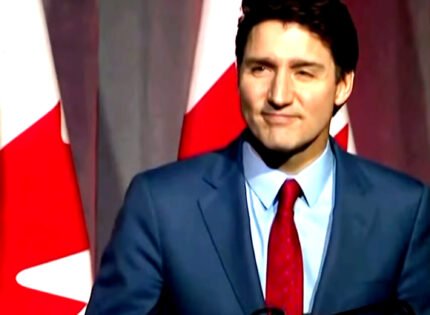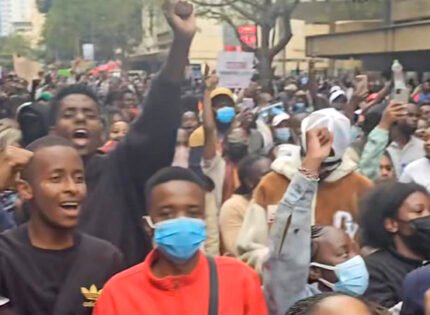During the recently concluded 39th Ordinary Summit of Southern African Development Community (SADC) at the Julius Nyerere International Center, Tanzanian president, John Magufuli asked his fellow heads of state to consider making Swahili a formal language.
‘‘I am appealing to your excellencies to fast track the adoption of Kiswahili to be among the four official languages in SADC,” he said.
Consequently the 16 SADC countries have agreed to adopt Swahili as one of their languages. The news has been greeted with interest and has drawn praise from some quarters. Rwanda, Botswana, Lesotho, Madagascar, Mauritius, Mozambique, Namibia, South Africa, Swaziland, Tanzania, Zambia, Zimbabwe, Malawi and Seychelles are some of the countries that have agreed to adopt Swahili.
South African politician and leader of EFF party, Julius Malema believes that adopting Swahili is a step in the right direction for a united Africa.
“We need a border-less continent, we need one currency, one parliament and one President that can unite the continent. We need a United States of Africa. We need one Africa.” But to achieve this, Africa needs one language that can unite the people,” Malema is quoted as saying.
Currently, African languages are not respected globally; not considered one of the languages of the United Nations. But as the adage says, Charity begins at home. African countries need to put forward a united front and the rest of the world will follow suit. Presently, English, French and Portuguese are the languages that dominate the continent. These are the languages of former colonial masters.
Oral tradition and aspects of history and culture have been watered down and worse still lost as a result of disregarding local dialects. Recently, Mandarin has started being taught in schools across the continent at the expense of African languages.
Swahili would be adopted at the level of Council and Summit, first as a language for oral communication, before eventually being adopted for written official communication within the SADC.
Swahili will be the first indigenous language to be used by the bloc as an official language at inter-state level. If implemented, Swahili will become an official languages taking over English and Portuguese.
Swahili or Kiswahili is an official language of the African Union and the lingua franca in most of east Africa and parts of central and southern Africa. Its origins are on the East African coast as a result of intermarriage between the Bantu speaking communities and the Arab traders in 10 AD. It spread into the mainlands through colonization and trade.
It’s a national language in Kenya, Uganda and Tanzania, and an official language of the East African Community, which comprises Kenya, Uganda, Tanzania, Rwanda, Burundi and South Sudan.
In pop culture, Swahili has made a lasting impression in song, film and TV. The lyrics of Michael Jackson’s Liberian girl has Swahili phrases, “Nakupenda pia, nakuta pia,” (I love you I want you too..) And the critically acclaimed Lion king has the unforgettable phrase, “Hakuna Matata” (No worries).
As Bob Marley sang, “Africa Unite…” It may start with a language but that gives hope for a potentially united currency and a united Africa. As we say in Swahili, “Umoja ni nguvu.” (Unity is powerful)














